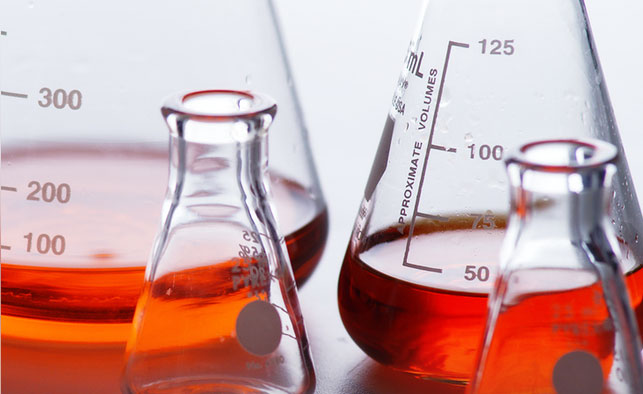
 |
 |
 |
|||||||||||||
|
|||||||||||||
UNIVERSITY OF MASSACHUSETTS LOWELL Email: sanjeev_manohar@uml.edu
Reduced graphene oxide image of Einstein inkjet printed on PET using a commercial inkjet printer
Single-walled carbon nanotube image of Gandhi inkjet printed on PET using a commercial inkjet printer |
HIGH SCHOOL SUMMER RESEARCH INTERNSHIP PROGRAM We are offering a 4-6 week summer research internship program to highly motivated high school students. Students will train under a senior graduate student in a variety of research areas depending on their interest and aptitude. They will learn the fundamentals of nanotechnology, biotechnology and green/sustainable chemistry directly from research personnel through a guided program that involves literature study (homework) and laboratory research. Students will learn to think independently in these areas and will have an opportunity to evaluate new/novel ideas if they remain engaged with the research effort beyond the internship (school year and following summers). We are offering the following research/training modules: Plastics that conduct electricity: This emerging field was recognized in 2000 with a Nobel Prize in chemistry being awarded to three pioneering scientists. Students will learn why and how plastics conduct elecricity (theory/homework) and will synthesize 3 different electrically conducting plastics in the laboratory. These polymers will be characterized using state of the art instrumentation which will offer students a unique experience on how research is conducted in a rapidly developing area. Nanosynthesis and characterization: Students will syntheisze nanowires of polymers and metals in the laboratory and charaterize them using state-of-the-art instrumentation. They will also learn to articulate the technological potential of these novel materials (theory/homework). Biosynthesis: Students will learn about how microbes can convert waste materials to useful plasitcs (theory/homework). For example they will join a team of scientists who are engaged in the bioconversion of waste cardboard to high performance polymers and plastics (green/sustainable technology). Energy storage and harvesting: Students will synthesize high surface area nanostructured materials and test their ability to store electricity as capacitors and batteeries. Hands-on experience with battery testing. Students will learn about the challenges facing us in the area of green energy conversion and storage (theory/homework). Sensors and detection technology: Students will join a team of scientists who are developing new nanostructured materials that can detect chemical vapors that are relevant to the US defence mission. Hand-on experience with real-time chemical sensing. Students should be able to articulate the current challenges facing US chem/bio detection technologies (theory/homework).
SCIENCE IS PEOPLE We actively partner with local schools to bridge the widening "science gap" that threatens US global competitiveness. We have traced the problem directly to the print and electronic media's addiction to entertainment and professional sports (its the obsession that makes it unhealthy).
Local HS students complain about two key science/engineering de-motivators: (i) boring, and (ii) booooooooring. EINSTEIN'S LETTER TO GANDHI
Translation: |